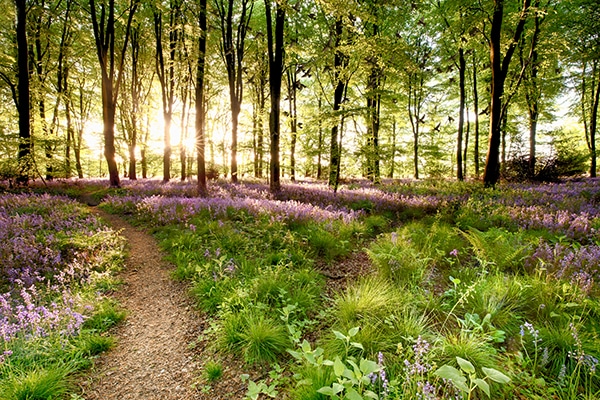
“Just living is not enough… one must have sunshine, freedom, and a little flower.”
Hans Christian Andersen
I’ve been enjoying some R&R in the garden this weekend, listening to the birds, watching Red Admirals feasting on fallen apples and bees busy collecting pollen. There’s also been quite a buzz on twitter about the benefits of nature for people living with dementia.
One comment that really struck a chord was that prison services recognise and actively enforce the need for 30 minutes daily access to fresh air, natural light and exercise to promote the health and well being of prisoners, but this doesn’t seem to apply to people in care homes. Of course, I’m not saying that care homes are preventing people from going outside but it doesn’t seem to be encouraged and valued as a therapeutic intervention to promote the health and well-being of residents (and care staff) as much as it should.
Just 10 minutes of exposure to sunlight can help to top up our vitamin D levels. This helps to maintain strong bones, teeth and muscles, supports heart and lung health and improves our immune system. Instead of walking with a resident down a corridor to the dining room, maybe you could take a detour outside. A change of scenery for both of you and fresh air is known to stimulate the appetite.
Being outside in green space is known to reduce symptoms of depression. Encourage family and friends to make use of any garden or outdoor space you have. It is likely to be quieter with less distractions, so communication and social interaction improves and the experience is more relaxing for everyone. Encourage visitors to take their loved ones for a walk if this is appropriate. A change of scenery and different sensory experiences can often stimulate conversation and provide topics for reminiscence.
Being outdoors can reduce the stress of noisy environments. Just feeling the cool Autumn air or noticing the first snowdrops of the year can be a pleasant distraction that reduces agitation and triggers more pleasant memories. Even on colder days there may be activities that residents can get involved in outside. Filling up the bird feeders, sweeping the path or collecting leaves. The fresh air, exercise and sensory experiences far outweigh the risks.
For residents to be able to explore and enjoy the outside, they need to be able to see it. Turn some chairs around to face the window or patio doors and try to make the views interesting. It may be as simple as putting up some bird feeders or moving some plant pots into view. Get your gardener on board if you have one, be creative and try to view the garden through the eyes of your residents. Being able to see the seasons changing outside can help with orientation and we always like to talk about the weather, don’t we?
However we help our residents experience it, engaging with nature is not just good for them, it is essential for physical and mental well being. Whether it’s the satisfaction of feeding the birds, helping the gardener clear the leaves, reminiscing about Winters gone by as they watch the changing seasons or just having a change of scenery and a chance to relax, nature is for everyone and the benefits are endless.






